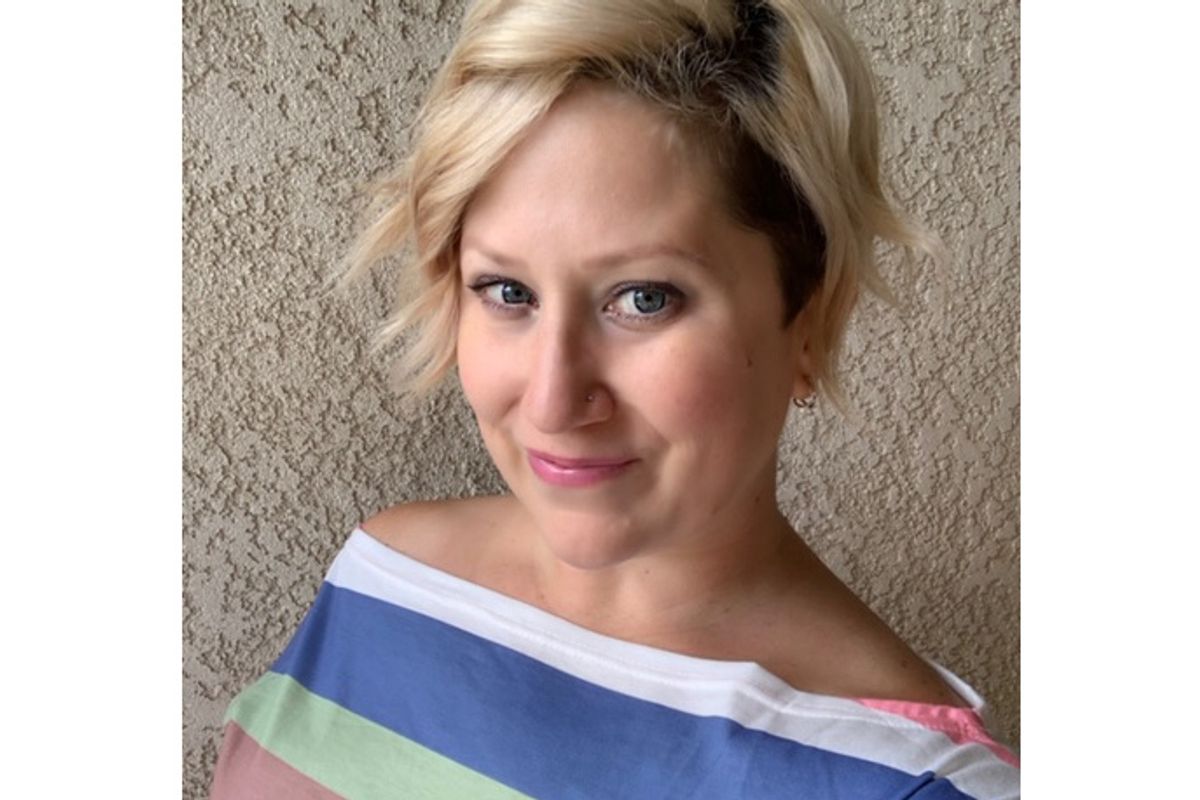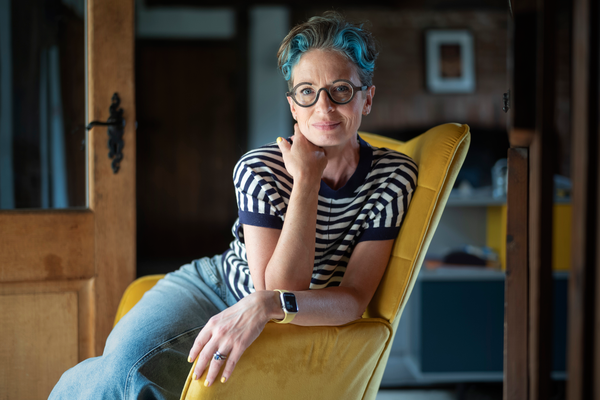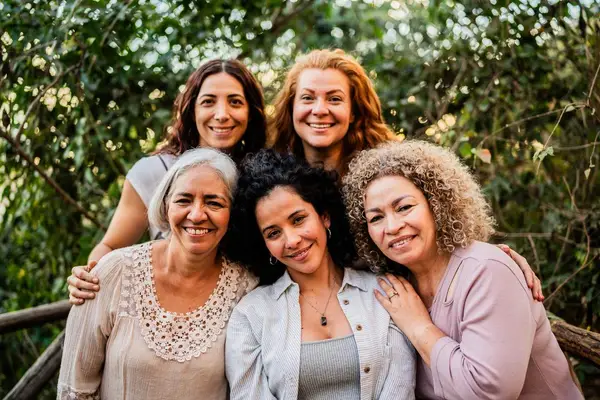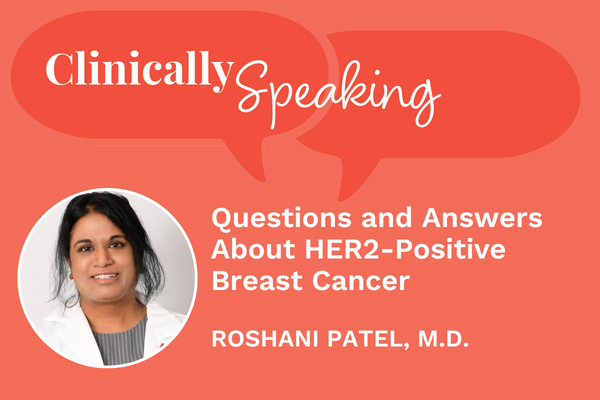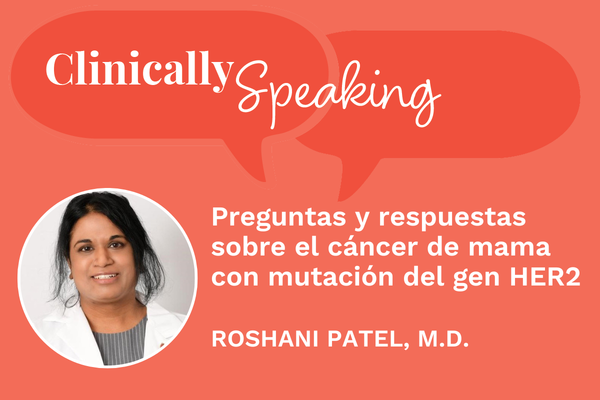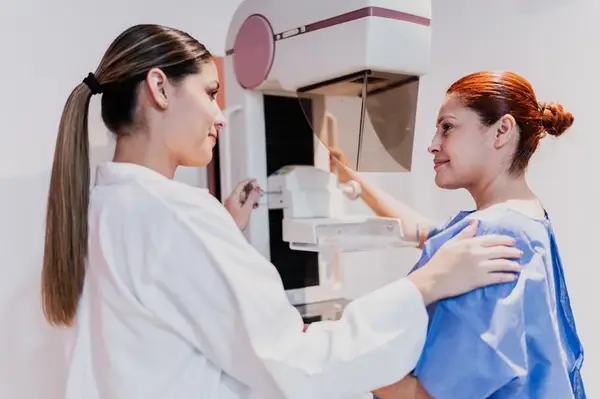Metastatic breast cancer was an earth-shattering diagnosis to me. I was 36 years old, newly divorced, with a 3-year-old son. All through my early-stage breast cancer diagnosis, I didn't know about metastatic cancer. It never once came up with my doctors.
Five years earlier, I had found a lump in my breast and was diagnosed with stage 1b breast cancer. I had a bilateral mastectomy with reconstruction, four months of chemotherapy, and then I was declared cancer free! From there, I thought I was a cancer survivor. I didn't know that if you found cancer at an early stage, it could still spread to your bones or lungs.
When you're first diagnosed with metastatic cancer and hear the words "terminal illness," you immediately think your life is over. Your life is not over. Your life is forever changed. You have to give up what your idea of a normal life is — and then you can live a "normal" life.
You mourn the life you thought you were going to have. You've been dealt this other hand that you have to work with. It can be difficult, but it also can be fabulous. You make the decision on how you want to continue your days. Find a way to embrace the new normal. For me, if I had stopped working, I probably would have declined very quickly. I don't want to be a full-time cancer patient. I want to be a mom, an employee, a friend, a traveler — you can still do things!
During these past six years, I've lived a fairly normal life despite being on numerous therapies and pain medications. I've looked relatively healthy, I've worked, and I've continued doing things with my son.
This March, I started a new treatment, and it's the only time I lost my hair. It is the first time I felt like I looked sick. Although it was initially tough for my son, he got a real kick out of shaving my head! He doesn't remember me not having cancer, and I'm always very open with him. But chemo has made me tired. He wants to jump in the pool and run around, and I have to build up the energy to do activities with him.
Now that I've been living with metastatic breast cancer for six years, I've become one of the veterans of the disease. And I've learned that more needs to be done to educate early stage patients about metastatic disease. It's devastating when you're blindsided. I think it's healthy and important to understand that breast cancer is not an easy disease. It's not a pink pompom disease. There's nothing that anybody did or did not do to get breast cancer. It's not something you can control. You almost feel blamed for getting cancer, but there's no way to prevent breast cancer, and that's a scary fact. We don't like scary facts.
I don't know how much time I have left. There's no expiration date stamped on my body, and I'm not a believer in listening to statistics about prognosis. At the same time, I know my body is wearing down, and I want to do things before I can't physically do them anymore — there are places I want to go, things I want to do. I made a deal with myself that every year I would go to places I haven't been to. I've made trips to St. Thomas, New Orleans, Hawaii, Lake Tahoe, Memphis, Nashville and Boston.
I've dreamed of taking my son to Washington, D.C., when he's 10 years old. This disease forces you to make the time to do what you love. My son and I talk a lot about fear and not letting it hold you back. In life, you have to experience things and decide what you want out of your life. I try not to worry about what's going to happen and treasure the time I have. And I teach him this lesson every day.
April Doyle passed away on September 12, 2020.
This resource was created with support from Daiichi Sankyo and Sanofi Genzyme.

